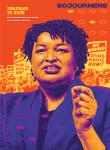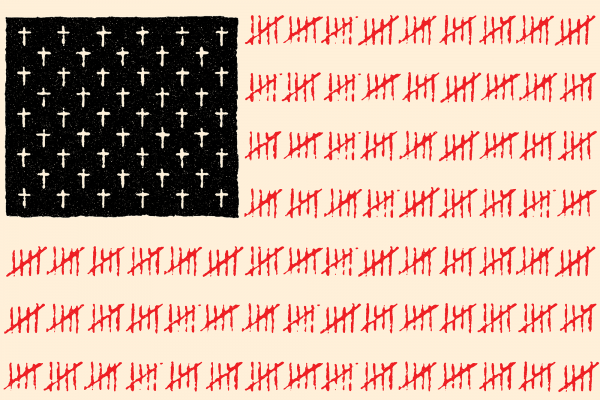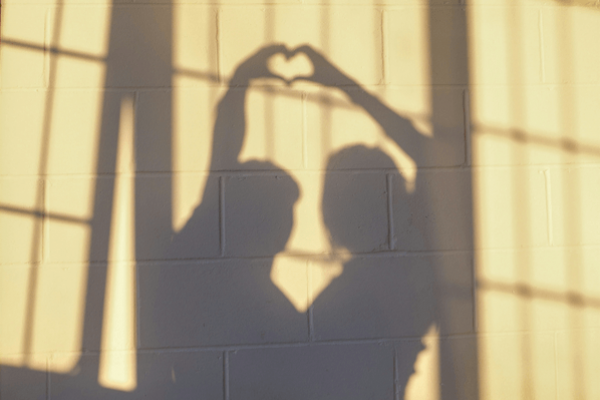THE DARKEST HOUR, as they say, comes one sliver of a moment before dawn. We have been experiencing our nation’s darkest “day” since well before the moment the Confederacy fired its first shot at Fort Sumter in Charleston, S.C. That cannonball tore time in two, each successive battle of the Civil War ripping the sky farther and farther apart. After the war we saw stars, possibilities—the 13th and 14th and 15th Amendments to come.
Between May 28 and June 1 of this year, flames rose from numerous U.S. cities. One fire leveled a cinder-block structure that housed bathrooms and a maintenance office near the White House grounds. In the darkness we were forced to confront our hearts when tears filled our eyes as we watched a Starbucks burn, in the shadow of our numbed response when we first learned of George Floyd’s death—another Black person dead. Yes, property damage is mournful. The destruction is a crime because of the impact the losses have on people. But no, this kind of property damage is not “violent,” not in the manner of violence against people, which defaces the image of God, or against anything that holds the breath of God. Buildings are made by people, not by God. Nor do brick and mortar hold the breath of God. They do not feel. They do not have a family. Things can be replaced. Life cannot.
Police have killed more than 5,000 images of God since 2015, according to The Washington Post’s Fatal Force database. Twenty-three percent of the dead are Black people—while Black people make up only 13 percent of the U.S. population. Each Black life ended represents a family gutted and potential descendants who won’t come to be. On June 1, police shot tear gas and rubber bullets into a peaceful crowd of people protesting those killings so President Trump could pose for a photo-op in front of St. John’s Episcopal Church, awkwardly holding a Bible.
That was it, one of our darkest moments. America’s COVID-19 crisis combined with the protests to reveal the truth: Black lives do not and never have mattered in America. Because we had been silent for too long, democracy itself was face down on the blacktop outside of the White House. The rule of law was gasping for life on our capital streets.
Then ... dawn. Resolve rose across America. In the same way that Bosnians cried “Never again” after the mass graves of Srebrenica, Americans vow to never relive the ongoing horror of 2020.
We stand mere months away from Election Day. Now is the time to dream the next America, a nation where the economic, social, and political ladders of human hierarchy are burned to the ground, where we will join hands and ask an earnest question: How now shall we live?

Got something to say about what you're reading? We value your feedback!







